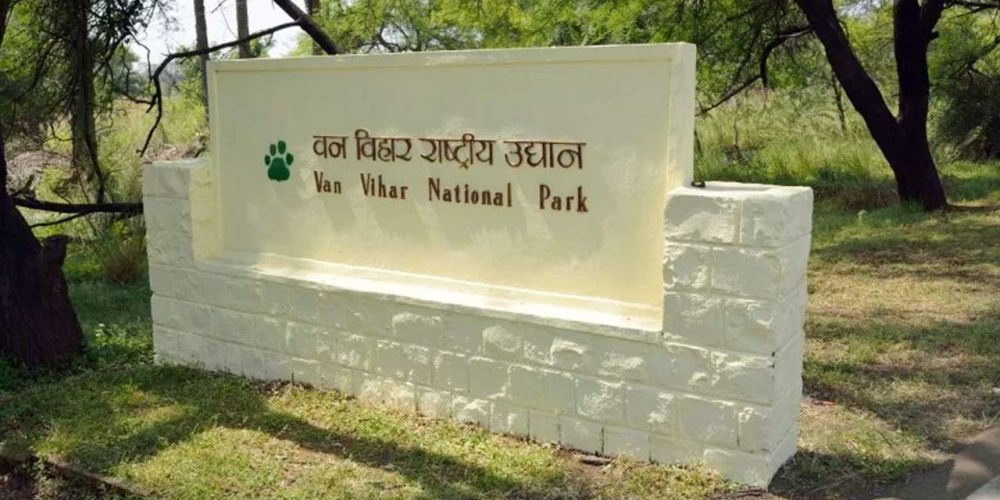

Nestled along the verdant shores of the Upper Lake in Bhopal, Van Vihar National Park is a serene oasis that allows nature lovers to indulge in the sheer beauty of wildlife and flora. This park is unique as it allows animals to live in their natural habitat with minimal human interference. Its conception as a national park in 1983 marked a significant chapter in Bhopal’s tourism history.
Since its declaration as a national park, Van Vihar has grown to become one of Madhya Pradesh's most frequented eco-tourism destinations. Recognized under the Wildlife Protection Act of 1972, the park started to attract wildlife enthusiasts for its dedicated zones for herbivores, carnivores, and avian species. The park's design as a zoological park where animals are kept under near-natural conditions contributed to its popularity.
The historical evolution of tourism in Van Vihar is steeped in the development of infrastructure such as the construction of walking trails, safari roads, and the creation of watchtowers for the tourists to safely observe wild animals from a close distance without disturbing their natural habitat. These developments have contributed to a steady increase in visitor numbers over the years.
As part of its conservation efforts, Van Vihar National Park focuses on rehabilitating animals that are orphaned, injured, or recovered from illegal captivity. These practices, combined with the burgeoning global trend towards responsible travel and ecotourism, have positioned Van Vihar as a pioneer in sustainable tourism practices.
Van Vihar's role in conservation education also contributes to tourism. The park's nature interpretation center offers educational sessions about wildlife and conservation, appealing to school groups and families, hence reinforcing the tourism sector.
With the rise of digital platforms and social media, recent trends in tourism at Van Vihar involve the integration of digital experiences. Visitors make use of smartphone applications for self-guided tours and information on the park's biodiversity. Another trend is the increasing interest in sustainable travel experiences, leading to a greater emphasis on conservation education and wildlife protection initiatives within the park experience.
Visitors to Van Vihar National Park can enjoy a range of activities including safari drives, bird watching, and nature photography. The park is a habitat to a plethora of animals such as tigers, leopards, and various deer species, and offers a peaceful escape from the hustle and bustle of city life. Its proximity to the capital city of Madhya Pradesh makes it an easily accessible spot for domestic and international tourists.
The history of tourism at Van Vihar National Park is a testament to Bhopal's commitment to preserving nature while making it accessible for people to appreciate and learn about wildlife. The park's success and ongoing popularity echo the timeless allure of India's natural heritage, and the latest trends ensure that Van Vihar continues to adapt and thrive in the ever-evolving tourism industry.